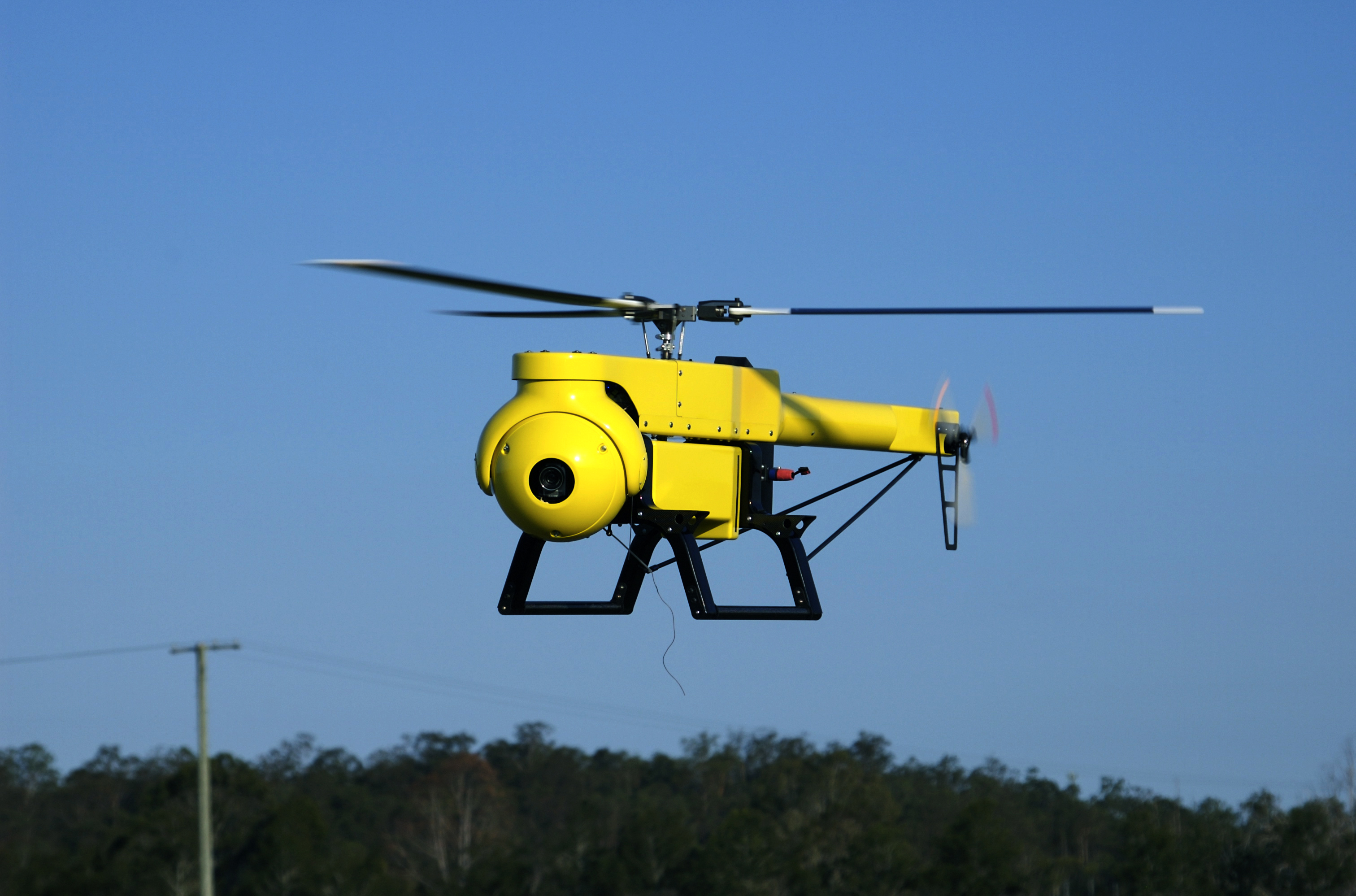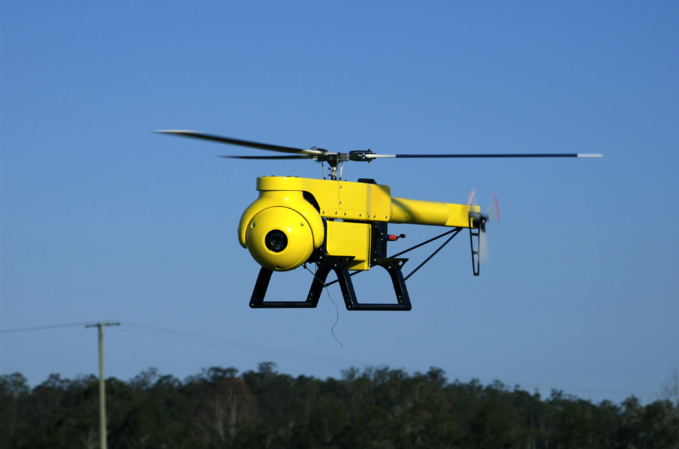President Donald Trump signed a decree to accelerate introduction of long-range unmanned aerial vehicles. The administration declares that it wants to create new jobs in the sphere of commercial air carriers.
"To maintain US leadership in this developing industry, we need a regulatory framework that encourages innovation, but also ensures the safety of airspace," said US Deputy Assistant Secretary during a briefing with journalists.
The presidential administration proposes to assign to the Federal Aviation Administration (FAA) the authority to regulate flights of UAVs at an altitude of 60.9 m to 121.9 m. Local authorities should be responsible for airspace at lower heights. Currently, the powers of the FAA apply to all US airspace at any altitude
So far, US companies were among the industry leaders, but some of them complained that legislative restrictions hampered development of the UAV segment. Companies such as Amazon and Project Building LLC have tested their delivery systems through unmanned aerial vehicles in other countries. For example, the Wing project is testing delivery of Mexican food by drones in Australia.
The initial rules strictly regulate UAV flights. The FAA planned to prepare new rules that would allow UAVs to fly over a cluster of people to photograph various events, survey crops and monitor infrastructures, such as railroads, pipelines and power lines.
Use of small-size UAVs in the civilian sphere intensified from the moment when in August 2016 the FAA published the first operational rules for ordinary commercial flights of small unmanned aerial systems (UAS). By the beginning of December last year, the department had issued more than 22,000 licenses to commercial operators of distance flights, and more than 57,000 fans registered their unmanned aerial vehicles.
source: bloomberg.com
"To maintain US leadership in this developing industry, we need a regulatory framework that encourages innovation, but also ensures the safety of airspace," said US Deputy Assistant Secretary during a briefing with journalists.
The presidential administration proposes to assign to the Federal Aviation Administration (FAA) the authority to regulate flights of UAVs at an altitude of 60.9 m to 121.9 m. Local authorities should be responsible for airspace at lower heights. Currently, the powers of the FAA apply to all US airspace at any altitude
So far, US companies were among the industry leaders, but some of them complained that legislative restrictions hampered development of the UAV segment. Companies such as Amazon and Project Building LLC have tested their delivery systems through unmanned aerial vehicles in other countries. For example, the Wing project is testing delivery of Mexican food by drones in Australia.
The initial rules strictly regulate UAV flights. The FAA planned to prepare new rules that would allow UAVs to fly over a cluster of people to photograph various events, survey crops and monitor infrastructures, such as railroads, pipelines and power lines.
Use of small-size UAVs in the civilian sphere intensified from the moment when in August 2016 the FAA published the first operational rules for ordinary commercial flights of small unmanned aerial systems (UAS). By the beginning of December last year, the department had issued more than 22,000 licenses to commercial operators of distance flights, and more than 57,000 fans registered their unmanned aerial vehicles.
source: bloomberg.com



















